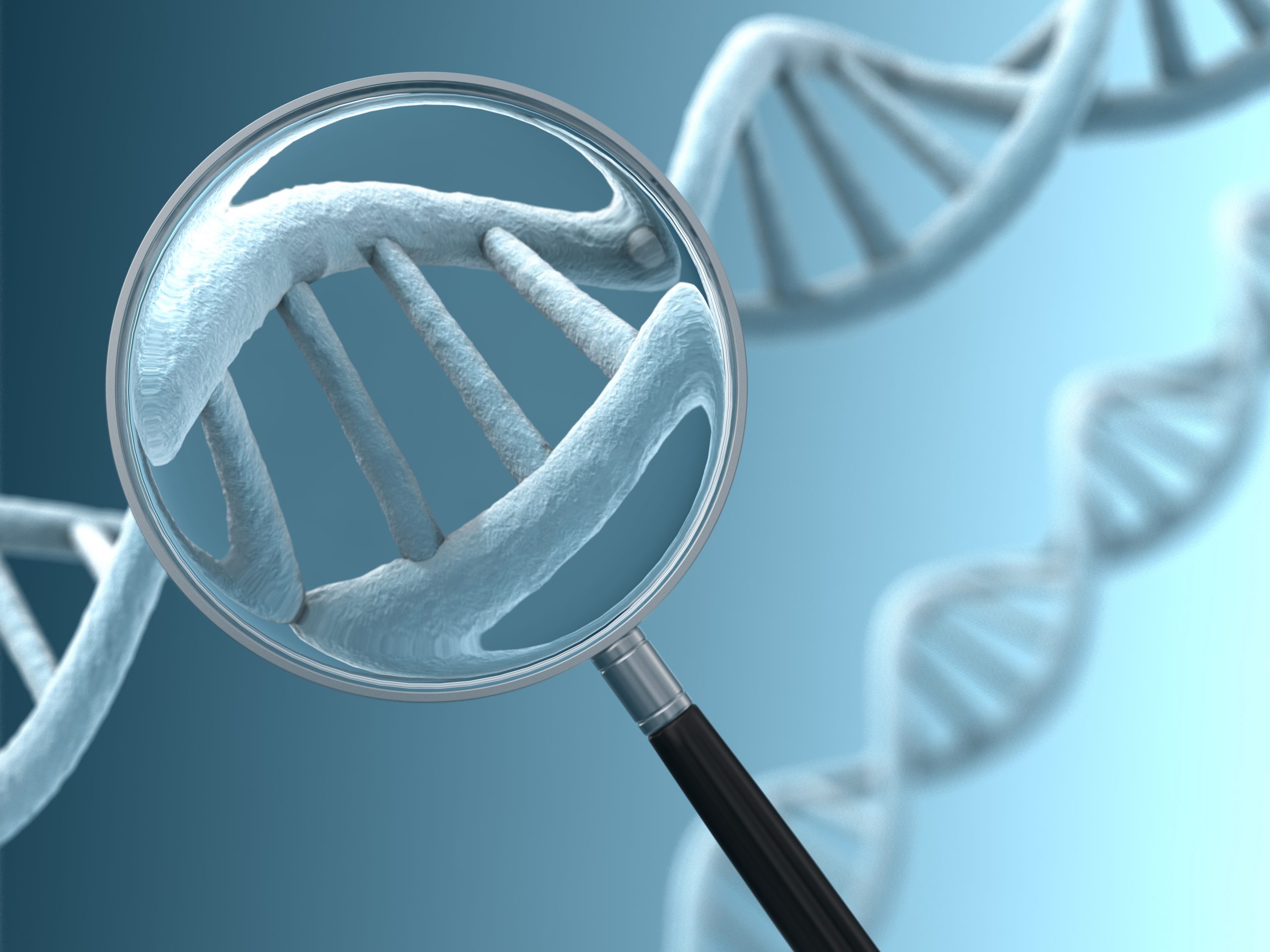The development of Next Generation Sequencing (NGS) technologies has led to rapid advances in molecular diagnostics and understanding of disease mechanisms. These new technologies underpin the developing field of personalised medicine, where knowledge of an individual’s genetic makeup can be used to predict disease development and tailor medical treatments. However, NGS approaches have significant limitations when providing a molecular diagnosis for a large group of neurogenetic diseases that are caused by expansions of repetitive DNA sequence (repeat expansion disorders).
Two recent technological developments provide the potential to revolutionise the molecular diagnosis of repeat expansion disorders: whole genome long read next generation sequencing, which provides the capability to sequence in their entirety all known expanded repeats, and the computational and bioinformatic tools to perform adaptive sequencing-essentially interrogating each sequencing read in real time and terminating any read that is not interrogating the regions of interest in the genome, that is, the expansions. In a world first we will apply these technologies to develop a diagnostic tool able to simultaneously interrogate all known repeat expansion loci. The validation and application of this new diagnostic tool will significantly increase the diagnostic rate for an important class of neurogenetic diseases.
Lead investigator

Professor Paul Lockhart
Murdoch Children’s Research Institute
Contact
TBC




